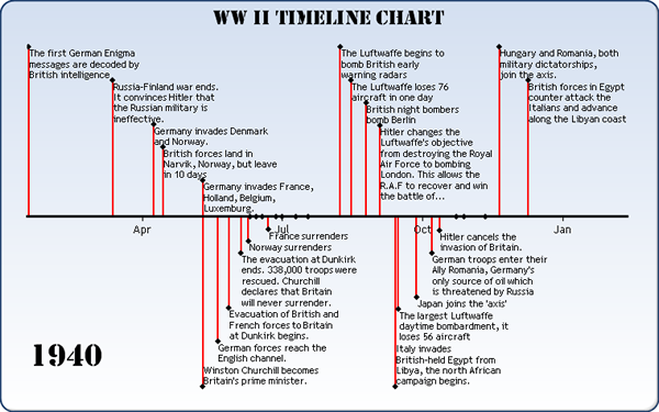Canada’s Significant Contribution in World War 2
Fighting Before and Beside Allies
Canada joined the Allied forces in World War 2 in 1939, two full years before the United States officially entered the war in 1941. Throughout these early years, Canadian troops and resources played a crucial role in establishing beachheads and pushing back Nazi occupations across Europe. While the United States remained neutral, Canadian soldiers bravely defended democracy against the growing fascist threat.

Liberating Europe Side-by-Side
In June 1944, over 14,000 Canadian soldiers stormed Juno Beach on D-Day as a key part of the Normandy landings. Their objective was to capture the crucial port of Caen from German defenses. Facing heavy casualties from landmines and artillery fire, the Canadians heroically advanced further inland than any other Allied beachhead on the first day. In the following months, Canadian divisions played a central part in operations that liberated major cities like Dieppe, Le Havre, and Antwerp. Despite formidable Nazi resistance, Canadian troops continued pushing the frontlines eastward to eventually help liberate the Netherlands before the end of 1944.
Halting the Advance for Allied Coordination
As Canadian armies swept through northern France and Belgium in late 1944, their rapid success created logistical and coordination difficulties with other Allied forces. To maintain a unified front, Canadian commanders were ordered to temporarily halt their victorious march east to allow American and British troops to catch up. This pause allowed reinforcements to arrive and supplies to be replenished before resuming the drive into Germany itself in early 1945. Though frustrating for battle-hardened Canadian divisions, this coordination was important for the ultimate Allied victory over fascism in Europe.
Liberating the Netherlands Ahead of Schedule
In September 1944, the Canadian 1st Army launched Operation Market Garden, an ambitious plan to air drop troops behind German lines in the Netherlands. Fighting against determined resistance, the Canadians succeeded in liberating major Dutch cities like Eindhoven and Nijmegen weeks ahead of schedule. By November, Canadian troops had battled their way to the coastal town of Le Schelde estuary, securing the vital port of Antwerp from Nazi occupation. This enabled crucial Allied supply lines through Belgium and into Germany, contributing greatly to the final defeat of Nazi power on the Western Front the following year.
Frontline Success Met with Postwar Disregard
Despite shouldering a significant share of the frontline fighting to liberate Europe from fascism, Canada’s military accomplishments tended to receive less attention and recognition than its Allies after WWII concluded. Much of the early liberation efforts by Canadian divisions throughout 1943-1944 went underreported in American media. Later, as the war wound down, Americans tended to view their own forces as having played the decisive role - despite significant Canadian participation and successes that directly influenced the course of major battles and operations. This postwar disregard for Canada’s sacrifices has led some historians to characterize Canada’s role as having been the “forgotten ally” whose efforts helped turn the tide of WWII but received less celebration and memory.
Lasting Impacts of the “Forgotten Ally”
Near the 75th anniversaries of major events like the Normandy landings, many Canadians feel it is important to properly recognize their nation’s still underappreciated role in World War 2. Over 42,000 Canadian lives were lost during the war, with many more taking shrapnel or suffering lifelong injuries. However, the physical and emotional tolls paid by Canadian soldiers and civilians were soon overshadowed in postwar Allied commemorations that often neglected to fully acknowledge Canada’s frontline contributions from 1939-1945. This legacy of being the “forgotten ally” had lingering impacts on Canadian national identity and its relationship with larger partners like the United States. Even today, fully honoring Canada’s intrepid soldiers who helped defeat fascism remains an ongoing duty of remembrance for Allied nations they aided.